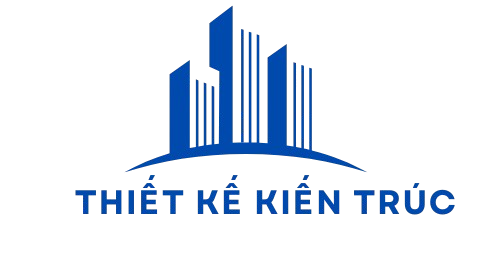The travel industry in 2025 stands at a turning point of innovation and accountability. As global tourism rebounds to pre-pandemic levels, travelers and industry stakeholders alike are navigating a landscape transformed by sustainability imperatives, technological advancements, and changing visitor priorities.
## Sustainable and Eco-Conscious Travel
The imperative for sustainability has become a bedrock of modern travel. By 2025, the tourism sector is projected to generate 6.5 billion metric tons of carbon emissions, necessitating swift interventions. Destinations like Costa Rica and Bhutan are leading this charge, with the latter maintaining its status as the world’s only climate-positive country through stringent guest quotas.
Restorative travel models, such as New Zealand’s Māori-led sustainable excursions, are building popularity. These programs reflect a broader shift: 73% of travelers now prioritize brands with comprehensive green strategies.
## Personalization and Personalized Adventures
Premium tourism in 2025 is synonymous with hyper-personalization. Discerning travelers seek transformative journeys adapted to their unique interests. Operators like LuxGroup emphasize “conscientious indulgence,” blending indulgence with local integration.
AI technology is revolutionizing trip planning, enabling dynamic itineraries that respond to instantaneous choices. This trend matches findings that 64% of luxury travelers prefer personalized offerings over cookie-cutter options.
## Preventing Overtourism Through Ingenuity
Overtourism remains a critical challenge, prompting travelers to seek “destination dupes” and off-peak travel. Cities like Ljubljana are reducing congestion through car-free zones and pedal transportation systems.
Authorities are stepping in; Amsterdam and Majorca have introduced guest ceilings and conduct regulations to preserve local ecosystems.
## Technology’s Role in Hassle-Free Tourism
AI’s influence spreads beyond personalization into process optimization. Virtual assistants handle 24/7 customer inquiries, while data projections optimize flight schedules and hotel pricing. VR technology previews allow travelers to “sample” destinations before booking.
Mobile platforms like Seven Corners optimize trip management, offering real-time updates on weather, crowds, and transportation delays. Blockchain technology enhances openness in carbon offset programs.
## Prolonged Trips and Traditional Engagement
The era of rushed itineraries is waning. Affluent visitors are typically taking two-week stays to strengthen cultural connections. Families are increasingly embracing “workations,” merging remote work with lengthy residencies.
## Event-Driven Travel and Unique Adventures
“Event hopping” has surged, with fans journeying internationally for major events. Celestial tourism—exemplified by skywatching in Chile’s Atacama Desert—reflects expanding appeal in cosmic occurrences.
## Wellness and Tech-Free Breaks
Self-care journeys is evolving beyond wellness centers to encompass integrated therapies. Digital detoxes combine mindfulness with farm-fresh meals, aligning with a 95% increase in demand for wellness-focused itineraries.
## Economic Strategies and Cost-Sensitive Travel
Travelers are employing rewards systems and combined packages to maximize value. Financial perks are being carefully utilized for enhancements, reflecting a shift toward “calculated opulence”.
## Summary
The travel landscape of 2025 is defined by its twofold character: a yearning for exploration tempered by ethical accountability. As destinations reconcile advancement with protection, stakeholders can ensure tourism remains a link—not a impediment—to a more united and ethical world.
